Market News
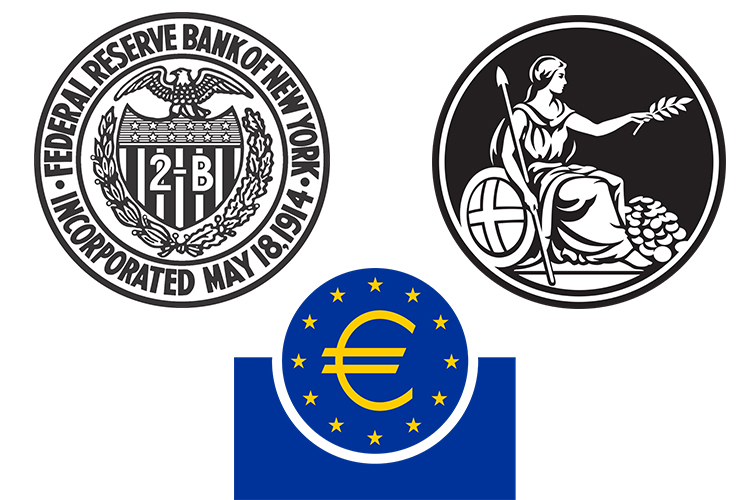
The US Federal Reserve kept interest rates unchanged on Wednesday but said that economic growth has been rising strongly and the job market has continued to strengthen. Inflation has remained near the central bank’s 2 percent target since June.
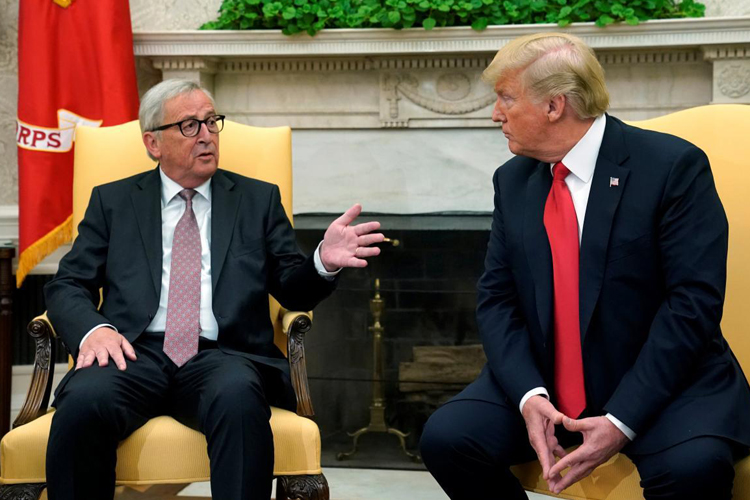
US President Donald Trump agreed on Wednesday to refrain from imposing car tariffs while the two sides started negotiations to cut other trade barriers. This helps in the easing of a trade war. After a meeting at the White House Trump and Juncker said that talks could also seek to “resolve” US tariffs on steel and aluminium.
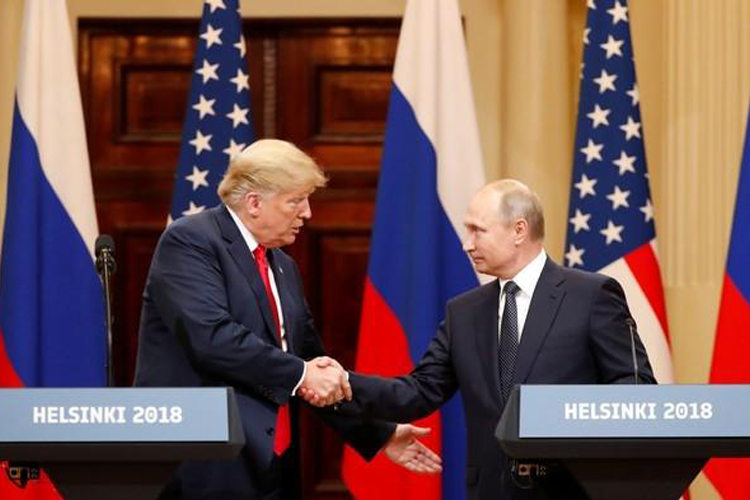
On Monday Donald Trump met Vladimir Putin in Helsinki, Finland to confront him over the meddling in the 2016 election. Amongst the topics that were mentioned for discussion included listing trade, the military, nuclear weapons and China.

Prime Minister Theresa May’s foreign minister Boris Johnson and Brexit negotiator David Davis resigned on Monday after May secured an agreement from senior ministers on an EU exit strategy.

The shares in Asia dropped to a nine-month low this week with the possible introduction of tariffs. The Commerce Ministry of China in a press conference said that levies on $34 billion of China’ exports will not only hurt the Asian nation, but also the US itself and the rest of the world.

Recep Tayyip Erdogan won Turkey’s presidential election on Sunday 24th June, and as the head of the country’s electoral body said, overcoming the biggest electorate challenge to his rule in a decade and a half.

OPEC and its allies have been since last year taking part in a pact to cut output by 1.8 million barrels per day. For the past 18 months the price of oil has increased from a level at $27 in 2016 to around $74 per barrel.
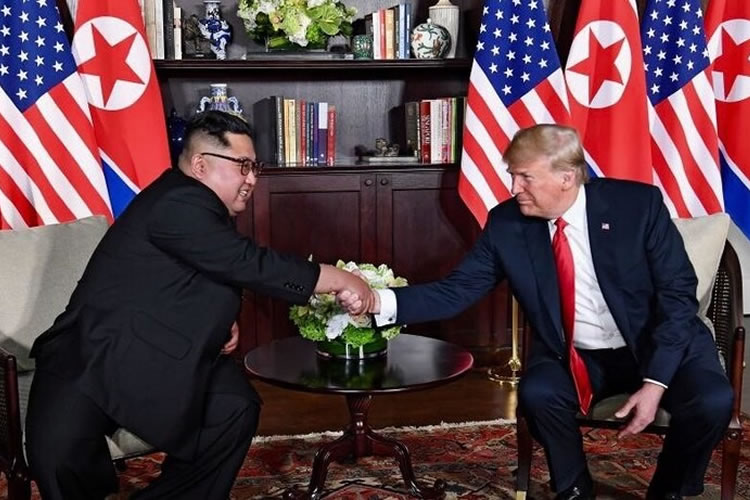
US President Donald Trump and North Korean leader Kim Jong Un met in Singapore, pledging to work towards complete denuclearisation. The summit was the first between US president and North Korean leader following a number of North Korean nuclear and missile tests and angry exchanges between the two last year and concerns over fears of war.
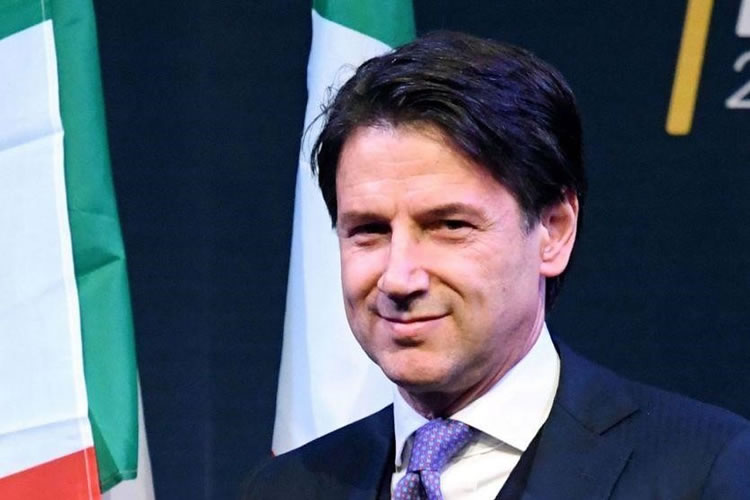
Giuseppe Conte was sworn as Italy’s Prime minister on Friday 1st June. The government was formed after three months of political deadlock and an inconclusive election on 4th March. A last minute deal was reached on Thursday averting a fresh vote in summer amid growing market turmoil.
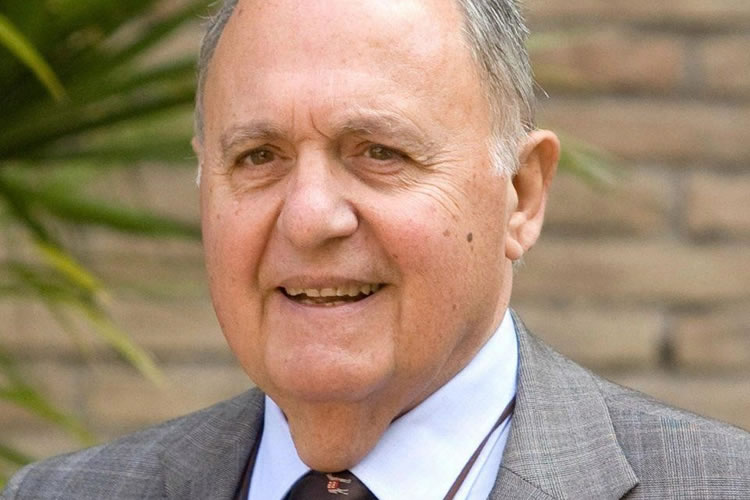
A political crisis started in Italy when the 5-Star Movement and the right-wing League abandoned their plan to form a coalition after the head of state Sergio Mattarella rejected their choice of 81 year old Eurosceptic economist Paolo Savona as finance minister.
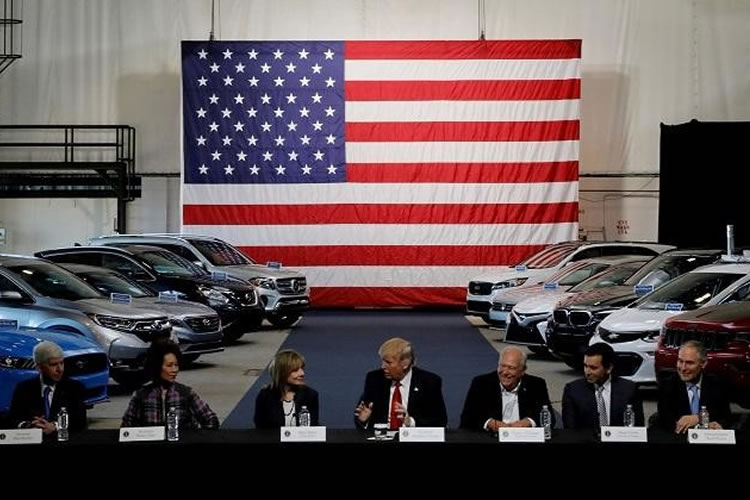
A national security investigation has been launched by the Trump administration into car and truck imports that could lead to new US tariffs similar to those imposed in March on steel and aluminium.
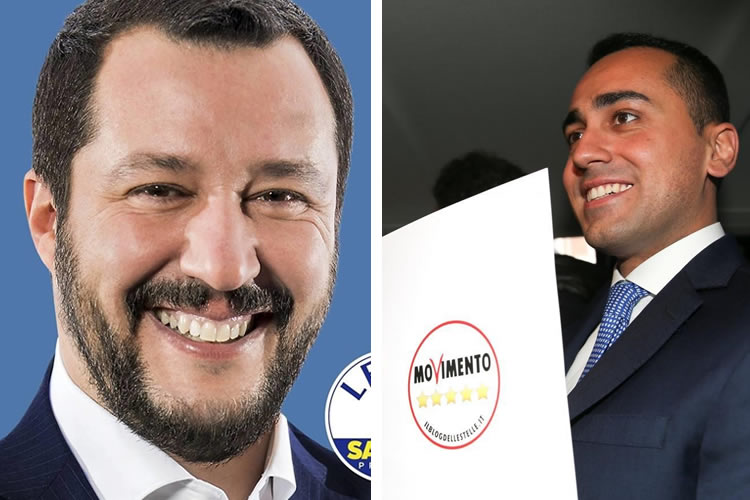
The leaders of the League and the 5-Star Movement in Italy, which are the two parties that won the most parliamentary seats in the 4 March election agreed a governing accord. This will break a political deadlock that has dragged on since the election.
Be one step ahead with our latest news updates.

Timberland Finance,
CF Business Centre,
Gort Street,
St Julians STJ 9023
Malta